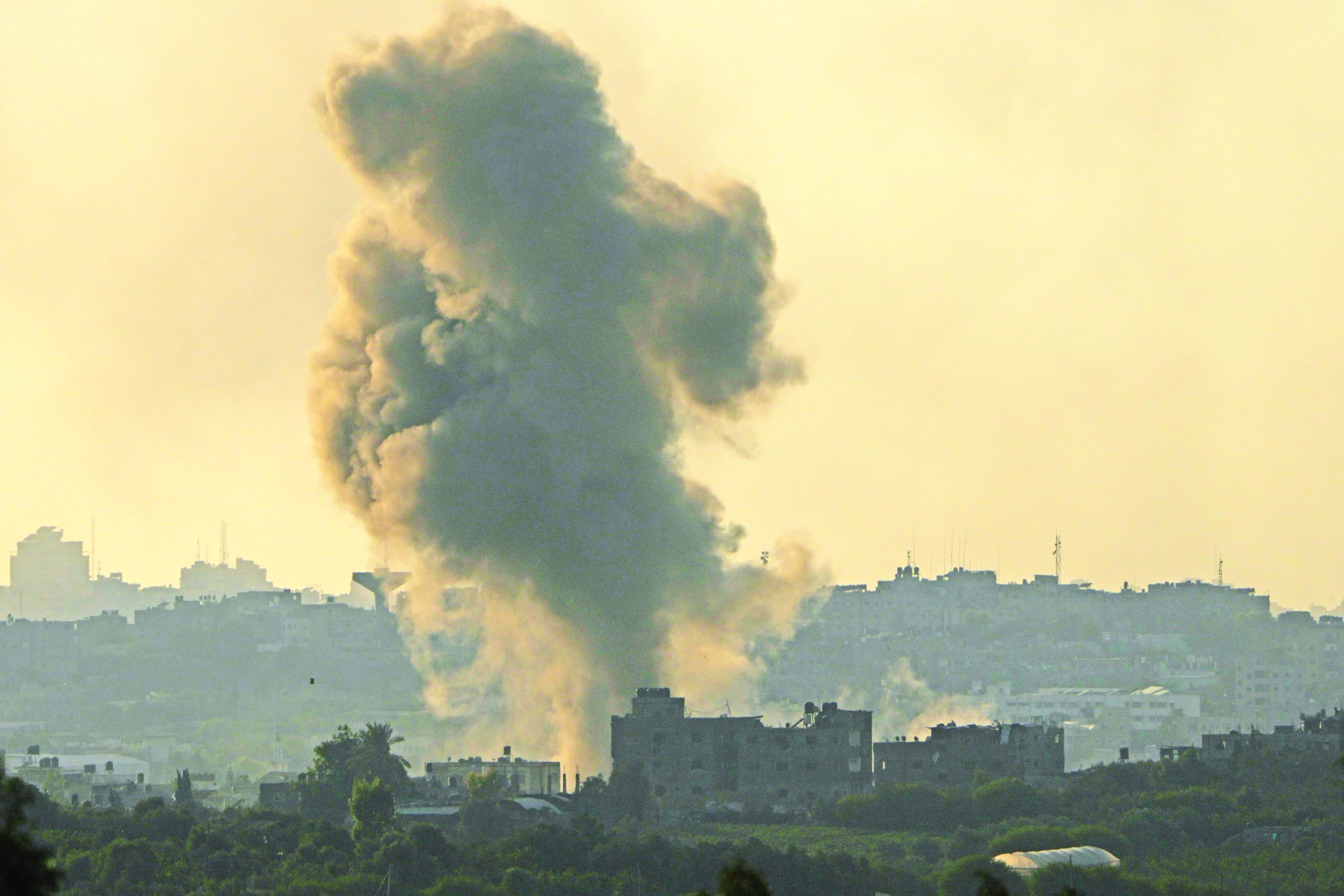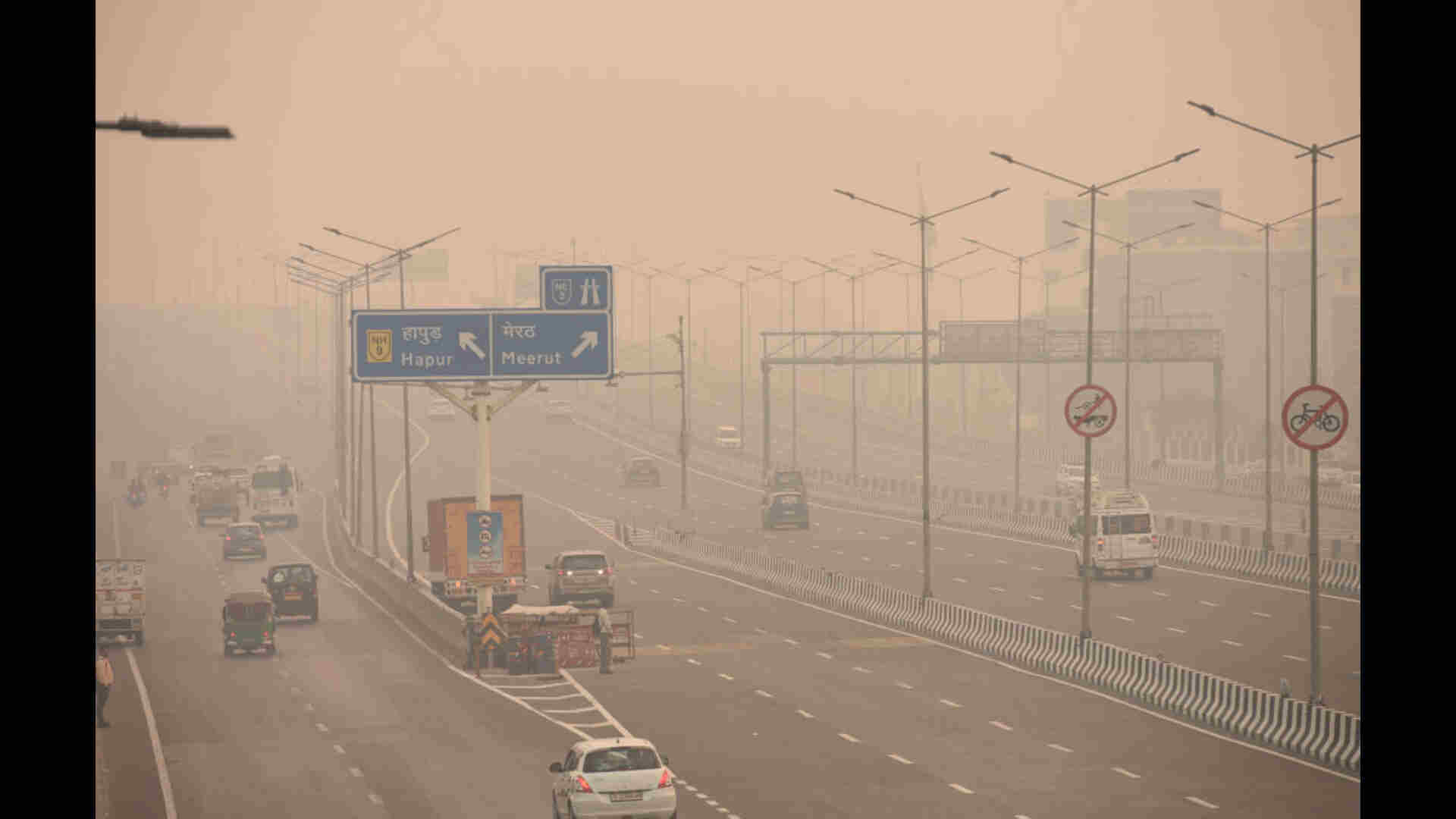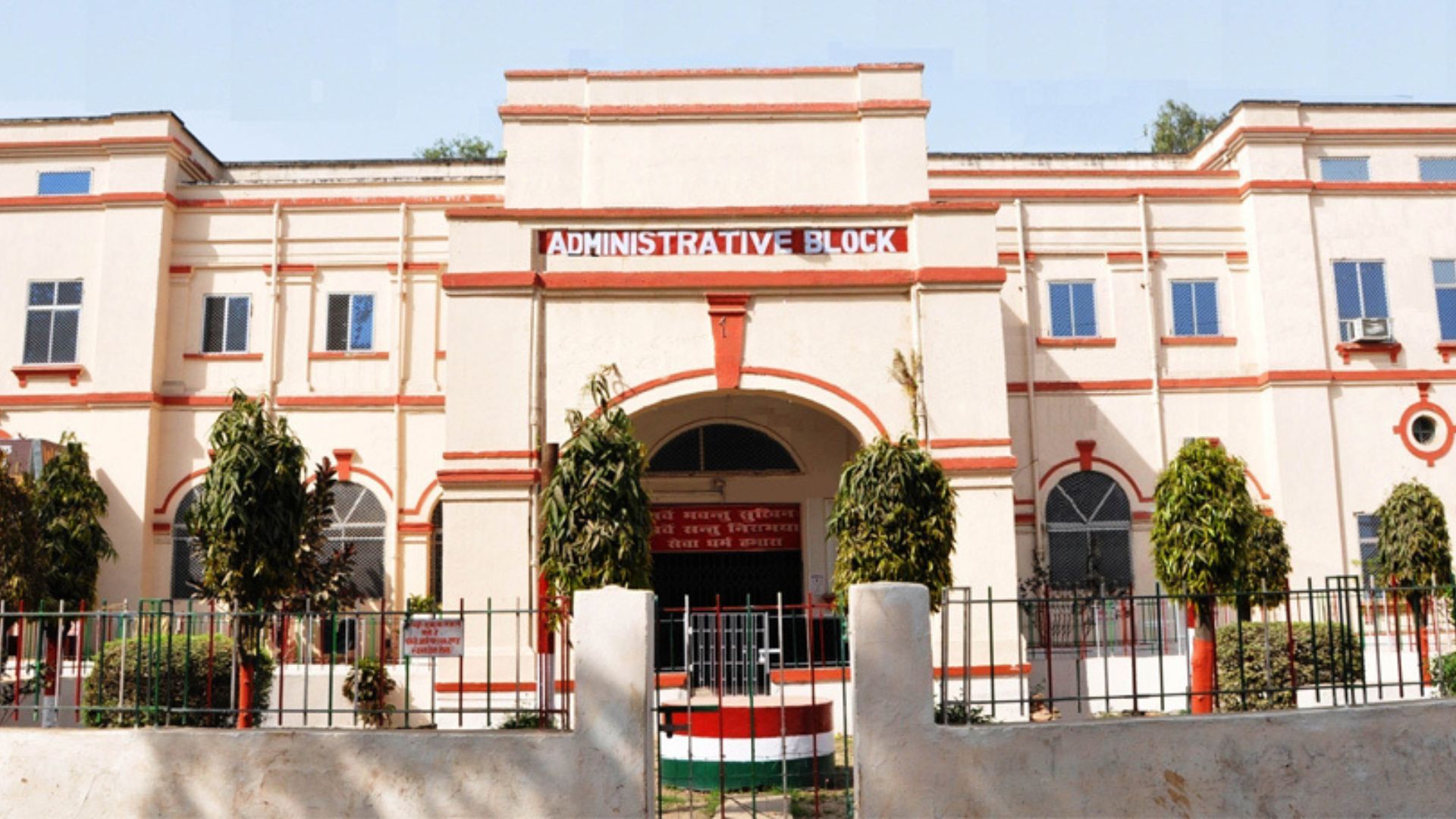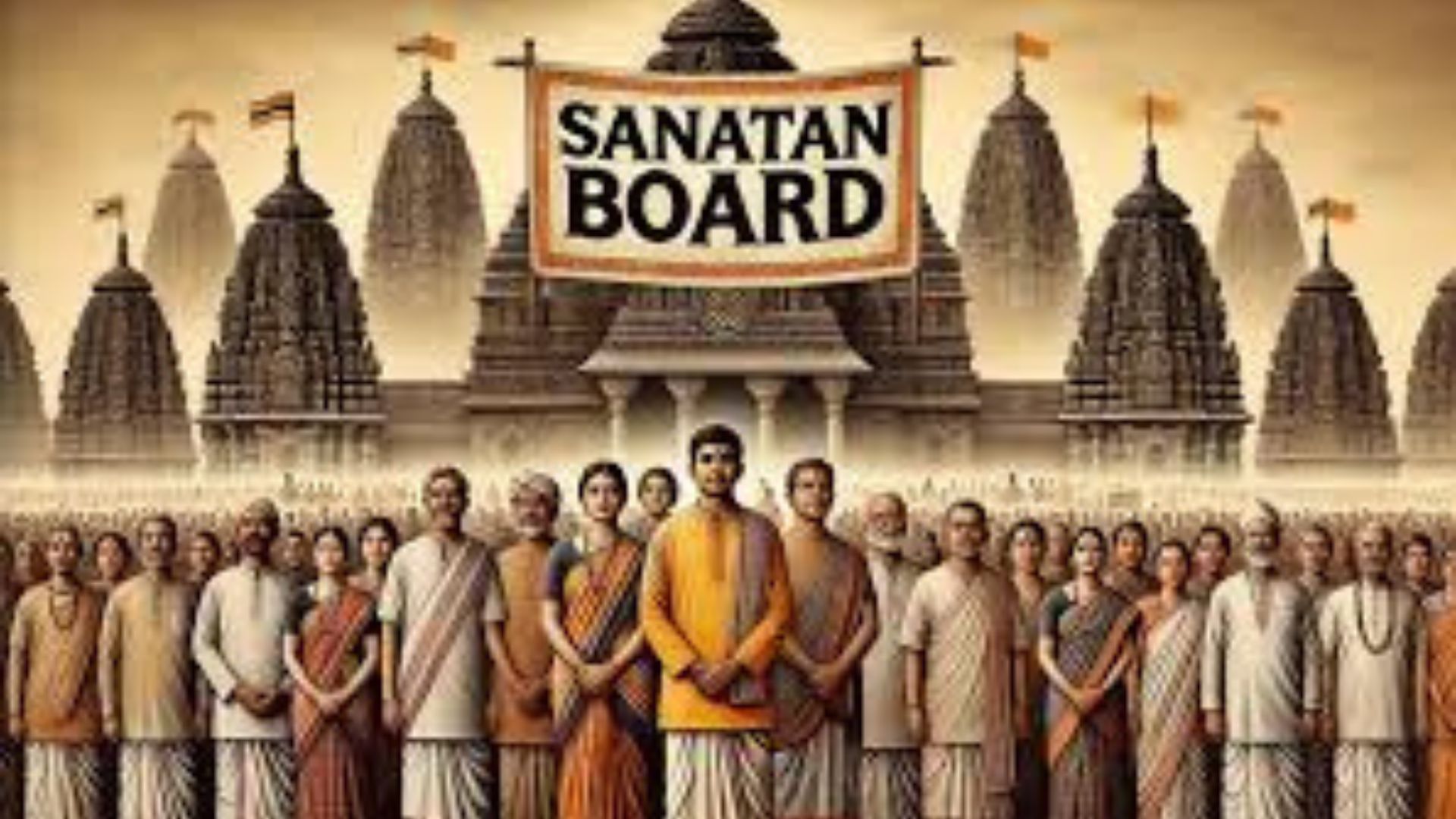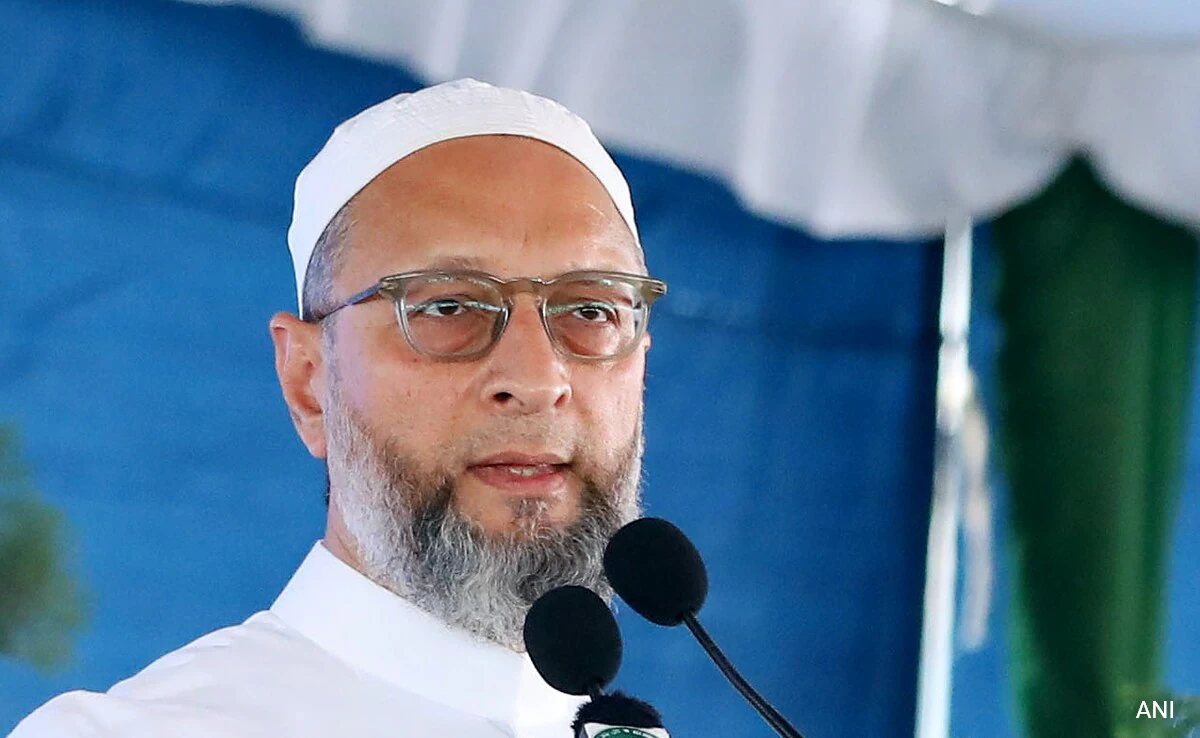Meant to provide support to the most vulnerable sections of society during the first COVID-19 lockdown in March 2020, the Pradhan Mantri Garib Kalyan Anna Yojana (PM-GKAY) has come to witness several extensions over the last two years. The scheme is currently in its sixth phase and provides free foodgrains to the poor, as well as migrants, with the intended purpose of ensuring food security and providing relief to low-income households affected by the pandemic.
It falls under the umbrella of the Pradhan Mantri Garib Kalyan Package, which was also launched during the first lockdown. The scheme provides an additional five kilograms (kg) of free foodgrains (wheat or rice) to every person covered under the National Food Security Act (NFSA), 2013 over and above the pre-existing five kg of subsidised foodgrain available through the Public Distribution System (PDS).
Targeting upwards of 80 crore beneficiaries under NFSA across the country, the scheme was initially announced for three months from April 2020 to June 2020. It has been extended several times since then and its sixth phase will end on 30th September 2022.
However, with increasing demand for an extension from states across the country, premised on both the continued impact of the pandemic and its deadly waves on citizens, keeping in mind the scheme’s impact on the upcoming state polls, the ball lies in the centre’s court on extending the scheme for another term.
IMPROVING FOOD SECURITY
With an ongoing debate on the distribution of ‘freebies’ or public goods and services free of cost to certain sections of society, the benefits of distributing free grains under the PM-GKAY have also come under the scanner. On one hand, there are reports and surveys, either commissioned or cited by the government, which point towards the benefits of the scheme; several other independent surveys highlight its failings in reaching a larger section of society in need of government support.
A survey commissioned by the Ministry of Consumer Affairs, Food and Public Distribution and conducted by Dalberg claims the scheme has shown high levels of satisfaction among beneficiaries. Another survey conducted in July 2021 by Microsave Consulting (funded by the Bill & Melinda Gates Foundation) and cited by the government, reported that an average of 94 per cent of households received free ration on a monthly basis. The survey was undertaken in 88 districts across the country.
However, not all surveys refer to the scheme and its impact positively. Independent surveys, conducted to assess the benefits of the scheme for low-income groups who are said to have borne a larger brunt of the pandemic, paint a grim picture. Findings from one such survey conducted by Azim Premji University, indicate that more than 68 per cent of households did not receive the free foodgrains assured under the scheme. Conducted by the Centre of Sustainable Employment at the University, the survey went on to report that only 27 per cent of the eligible households reported receiving the full benefits under the larger Pradhan Mantri Garib Kalyan Yojana, the parent scheme of the PM-GKAY. Findings of a survey conducted by the Right to Food Campaign (RTFC) and the Centre for Equity Studies’ Hunger Watch further the argument against the PM-GKAY’s ability to provide food security to the needy. Released in December 2020, the survey noted that 45 per cent of respondents found their need to borrow money to purchase food had increased in September-October 2020 compared to pre-pandemic times. According to the same survey, about 27 per cent of respondents sometimes went to bed without eating. The survey was conducted in 11 states in India from September to October 2020, five months after the government lifted the first lockdown imposed in March and continuing up to May 2020.


